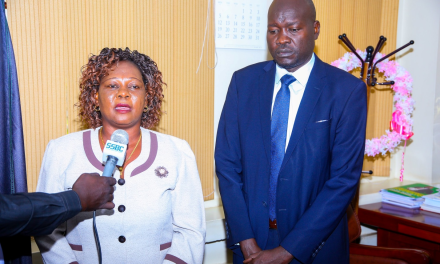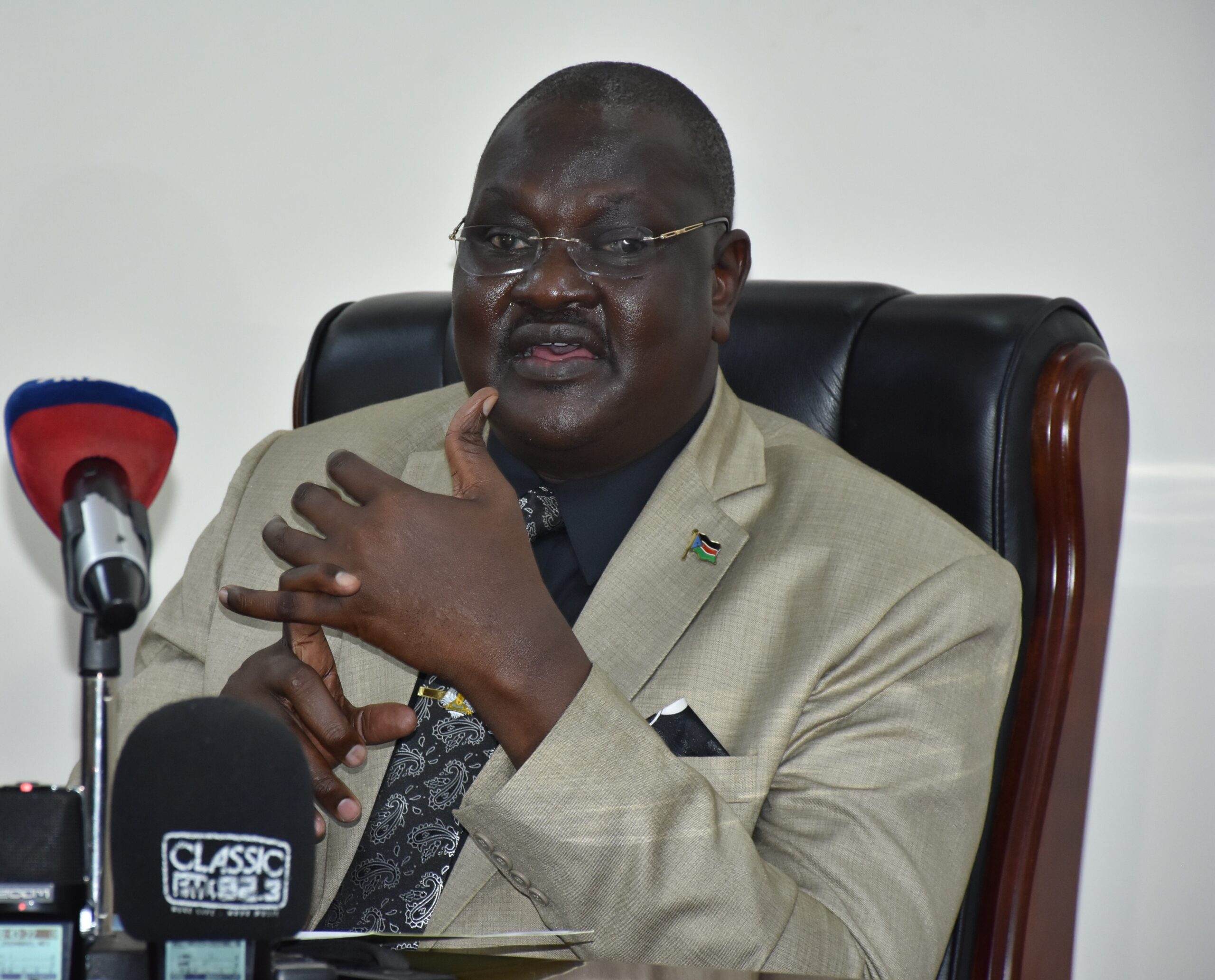
Displaced women in Juba PoC decry harsh conditions

Several internally displaced women in the Juba protection of civilian site have described living in difficult conditions as they endure months without food handouts from the United Nations.
Rebecca Nyakot, a mother of five who got displaced from Unity State following outbreak of conflict in 2013 said they often spend more than four months without food and clean water.
“We stay for four months without food and water,” Nyakot told The Juba Echo during the visit with the United Nations Population Fund (UNFPA) team on Friday.
She added that their safety and health condition are worrying as they take on risky journeys in the bushes outside the PoC to collect fire wood which leaves them vulnerable to rape.
In addition, she said they lack proper sanitation in the latrines.
“The situation is really hard for us; we do not know how long we are going to stay here,” Nyakot said.
Mary Nyagai, another displaced person said they are overburdened with taking care of their children, adding that they need food, education and health services.
“Here in the camp, it is only women responsible for the children, women go and fetch fire wood to sell so that they survive, but that is increasingly difficult work because of the attacks,”Nyagai said.
The majority of these women are widows.
James Ruot, the Health Coordinator for International Medical Corps (IMC) which provides medical services in the PoC, said there are about 24,500 IDPs being hosted in Juba PoC 3.
Lydia Zigomo, the UNFPA Regional Director for East and Southern Africa, said that the immensity of needs is huge in South Sudan, adding that adequate resources are needed to respond to the needy.
“What I have seen here is the immensity of the needs, no matter how much we are doing seems to be a drop in the ocean that is something that we need to keep highlighting to not just the government of South Sudan but also to the international community,” Zigomo said.




































